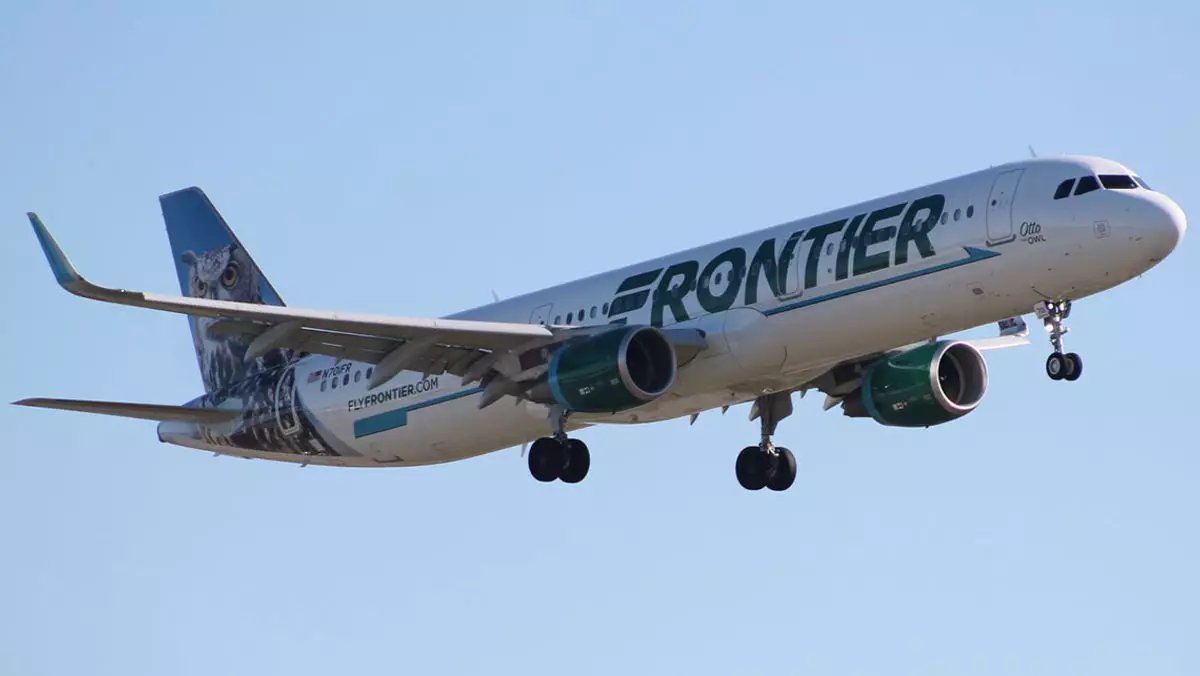The union representing Frontier Airlines flight attendants has raised concerns over the recent contractual changes that have led to compensation reductions. According to the Association of Flight Attendants-CWA president Sara Nelson, the shift towards out-and-back flying by Frontier has not been addressed in the collective bargaining agreement, affecting various aspects of flight attendants’ work life. These changes have impacted where flight attendants can live, their commuting options, and have drastically reduced overnight stays, resulting in a significant decrease in their take-home pay.
Frontier’s Business Model Shift
Frontier Airlines laid out a plan last fall to increase the percentage of out-and-back flying to nearly 90% of its network in the first half of the year. This move is aimed at enhancing operational reliability and cutting costs by opting for simpler out-and-back routes over complex point-to-point itineraries. Initially, out-and-back routes only accounted for 50% of Frontier’s flying last November.
As Frontier implements these changes, the airline has announced the establishment of four new crew bases to support out-and-back flying operations. Additionally, the carrier has made several adjustments to its route network, focusing less on crowded leisure markets like Florida and Las Vegas, and shifting towards more business-oriented routes in major airline hubs. The latest network changes include the introduction of eight new routes, with a focus on Dallas-Fort Worth and Philadelphia.
The AFA-Frontier contract is set to become amendable on May 15, and the union is determined to negotiate a new collective bargaining agreement to address the issues raised. However, Sara Nelson highlighted in her letter to CEO Barry Biffle that Frontier’s new network strategy presents a major dispute under the Railway Labor Act, which governs labor relations in the airline industry. This dispute must be addressed separately from the broader negotiations for a new collective bargaining agreement. Nelson also copied the letter to the National Mediation Board, signaling the need for external mediation to resolve the ongoing labor dispute.
The shift in Frontier Airlines’ business model towards out-and-back flying has had a significant impact on flight attendants, leading to compensation reductions and contractual challenges. As the airline continues to implement these changes, both the union and management will need to engage in constructive dialogue and negotiations to find a resolution that addresses the concerns of all parties involved.

